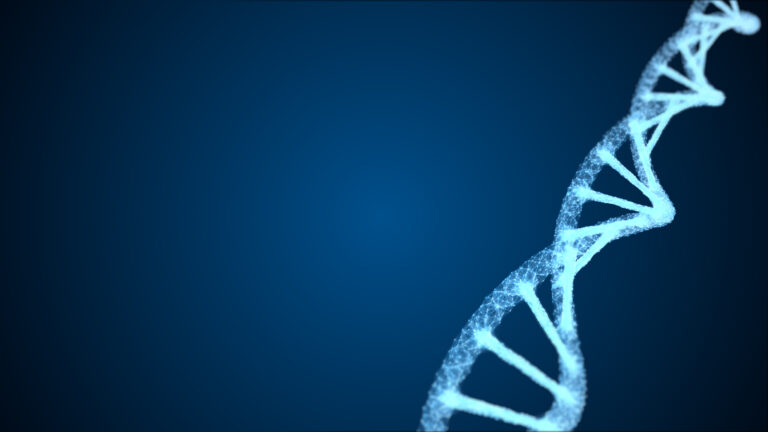### A Journey Through the Landscape of Memory and Identity: Unveiling the Complex World of Dementia
Dementia is a term that describes a range of symptoms associated with the decline in memory or other thinking skills. This decline is severe enough to reduce a person’s ability to perform everyday activities. Dementia is not just one disease; it is a broad term that encompasses several conditions, each with its own particular signs and symptoms.
### Understanding the Most Common Causes of Dementia
1. **Alzheimer’s Disease**
– **Early Symptoms**: Memory loss, disorientation, difficulty with planning tasks, language problems, and mood changes.
– **Description**: Alzheimer’s is the most common cause of dementia. It is a slow and progressive disease that affects memory, thinking, and behavior. Over time, it can lead to severe memory loss and difficulty with communication and daily activities[1][2].
2. **Vascular Dementia**
– **Symptoms**: Impaired judgment, attention issues, physical weakness, and mood changes.
– **Description**: Vascular dementia often appears suddenly after a stroke. It is caused by reduced blood flow to the brain, which can lead to cognitive decline and physical symptoms[1].
3. **Lewy Body Dementia**
– **Symptoms**: Cognitive fluctuations, visual hallucinations, movement problems, sleep disturbances, and autonomic dysfunction.
– **Description**: Lewy body dementia is characterized by the presence of abnormal protein clumps called Lewy bodies in the brain. It can cause significant cognitive and motor symptoms, including hallucinations and movement issues[1].
4. **Frontotemporal Dementia**
– **Symptoms**: Behavioural changes, language problems, motor issues, and emotional changes.
– **Description**: Frontotemporal dementia affects the front and temporal lobes of the brain. It can lead to significant changes in personality and behavior, as well as language and motor difficulties[1].
### The Journey Through Stages of Dementia
Dementia progresses through several stages, each with distinct symptoms.
1. **Early Stage**
– **Symptoms**: Mild memory loss, difficulty finding words, or experiencing apathy.
– **Description**: In the early stages, changes are subtle and often mistaken for normal aging. People may forget recent conversations or events, have trouble planning their day, and experience mild cognitive decline[1][2].
2. **Middle Stage**
– **Symptoms**: Increased confusion, difficulty recognizing family and friends, and a need for help with daily activities.
– **Description**: As dementia progresses, symptoms become more noticeable. Individuals may show increased confusion, difficulty recognizing familiar faces, and a need for assistance with daily tasks[1].
3. **Late Stage**
– **Symptoms**: Profound memory loss, inability to communicate, and total dependence on caregivers. Physical symptoms like difficulty swallowing can also appear.
– **Description**: In the late stages, severe symptoms manifest. People may lose the ability to communicate effectively, become completely dependent on caregivers, and experience significant physical decline[1].
### Living with Dementia
While there is no cure for dementia, there are ways to manage its symptoms and improve the quality of life for those affected. Early detection and appropriate care are crucial for managing the disease.
1. **Care and Support**
– **Pharmacologic Therapies**: Medications can help manage symptoms such as memory loss and confusion.
– **Rehabilitation**: Rehabilitation programs can help individuals maintain their physical and cognitive abilities.
– **Strategies for Addressing Symptoms**: Strategies like cognitive training, behavioral interventions, and caregiver support can significantly improve the quality of life for those living with dementia[2].
2. **Research and Advances**
– **Understanding the Disease**: Scientists continue to research the causes, diagnoses, and treatments for dementia. Recent advances include the development of new imaging agents and therapies that target the underlying biology





